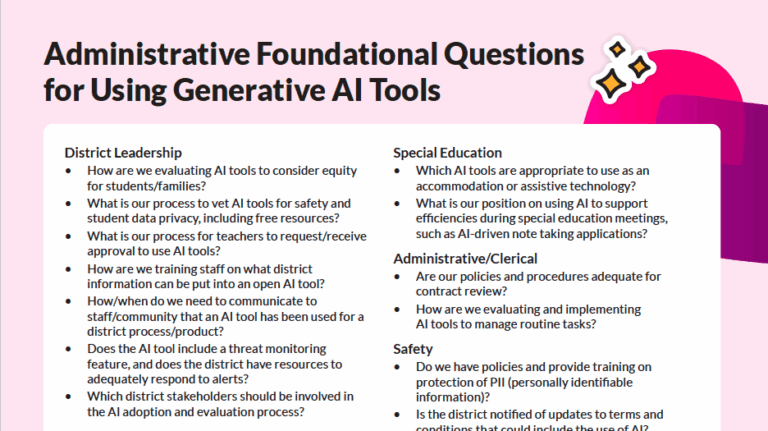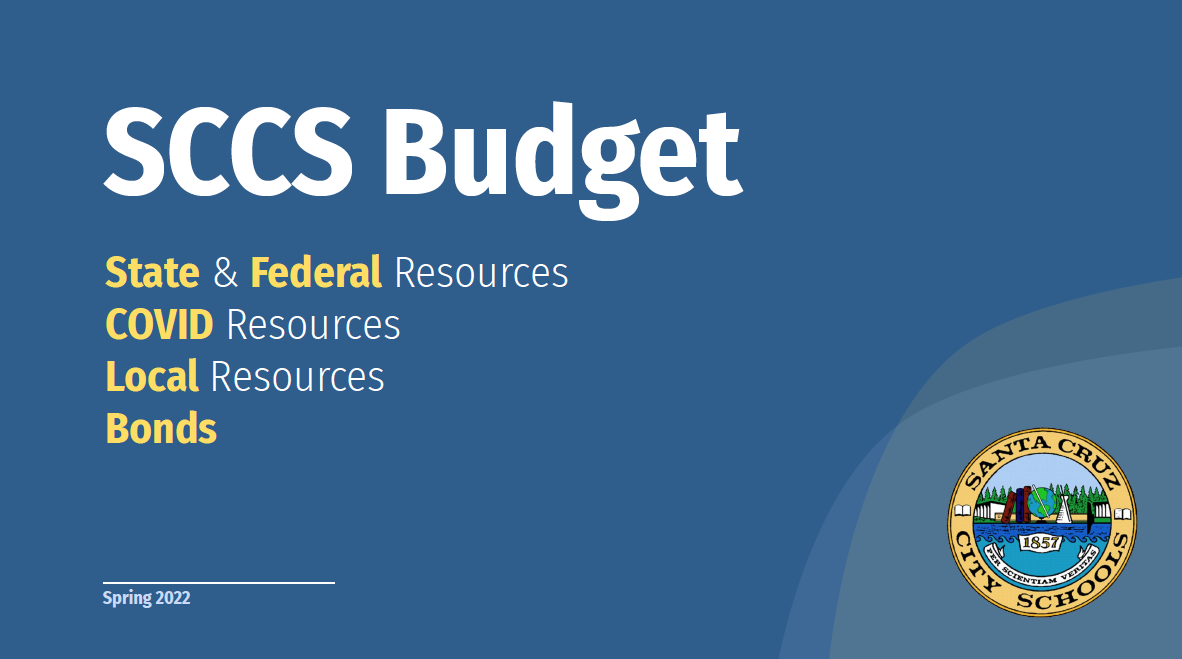This resource is provided by ACSA Partner4Purpose Lozano Smith.
On September 25, 2024, Governor Newsom signed Assembly Bill (AB) 2534 into law, amending Education Code section 44939.5. Beginning January 1, 2025, the amended statute will introduce important changes to the hiring process for certificated staff within California’s public educational institutions. School districts, county offices of education, charter schools, and state special schools will soon be given expanded access to information regarding reports of applicants’ previous egregious misconduct directly from previous educational employers rather than waiting for the Commission on Teacher Credentialing (CTC) to complete its reporting process.
Egregious misconduct, which serves as grounds for termination of certificated employees, is defined in Education Code section 44932 and includes specified sex offenses, child abuse or neglect, and controlled substance violations. Educational agencies, including school districts, county offices of education, charter schools, and state special schools (LEAs), are required to report any change in employment status of a certificated employee as a result of allegations of misconduct, or while allegations of misconduct are pending, to the CTC within 30 days of the final action (e.g., termination or resignation, among other things.) Upon receipt of such a report, the CTC conducts an investigation to assess whether any adverse action should be taken against the employee’s credential(s). This process can take anywhere from six months to a year, leaving time for the former employee to apply to other LEAs while the CTC’s investigation is pending.
Under existing law, LEAs (excluding state special schools) that reported a certificated employee’s egregious misconduct to the CTC are only required to report this fact to prospective public school employers upon request from the hiring LEA. And, information about a candidate or employee’s egregious misconduct can only be accessed through the CTC once it completes its internal review and recommendation process.
Beginning January 1, 2025, applicants for certificated positions will be required to provide a complete list of every LEA they have previously worked for, and the hiring LEA must inquire to the listed LEAs about any credible complaints of, substantiated investigations into, or discipline for egregious misconduct by the applicant reported to CTC. The responding LEA must provide a copy of all relevant information within its possession that was reported to the CTC.
While these requirements could extend the hiring process, the new requirement to share egregious misconduct information with hiring LEAs could prevent an employer from unwittingly hiring an applicant who engaged in egregious misconduct.
Takeaways
In anticipation of these changes, which take effect January 1, 2025, LEAs are encouraged to update hiring procedures to address the new requirements concerning egregious misconduct information. Job applications should include language reminding certificated applicants of their reporting obligation and requiring applicants to provide a full employment history listing every LEA where the applicant had previously been employed. Any efforts by an applicant to conceal past positions or incidents of misconduct should raise red flags during the hiring process.
LEAs will need to create a system to facilitate communication with other LEAs, to request, send, and receive copies of relevant information about credible complaints of, substantiated investigations into, or discipline for, egregious misconduct that was reported to the CTC about an applicant or previous employee. LEAs are also advised to document all steps taken during the hiring process. A robust documentation process will not only ensure compliance with these new requirements but may also help to protect LEAs from potential liability if a certificated staff member is later found to have engaged in egregious misconduct that was not reported.
If you have any questions about AB 2534, Education Code 44939.5, or the certificated hiring process in general, please contact any attorney at one of Lozano Smith’s eight offices located statewide.



































